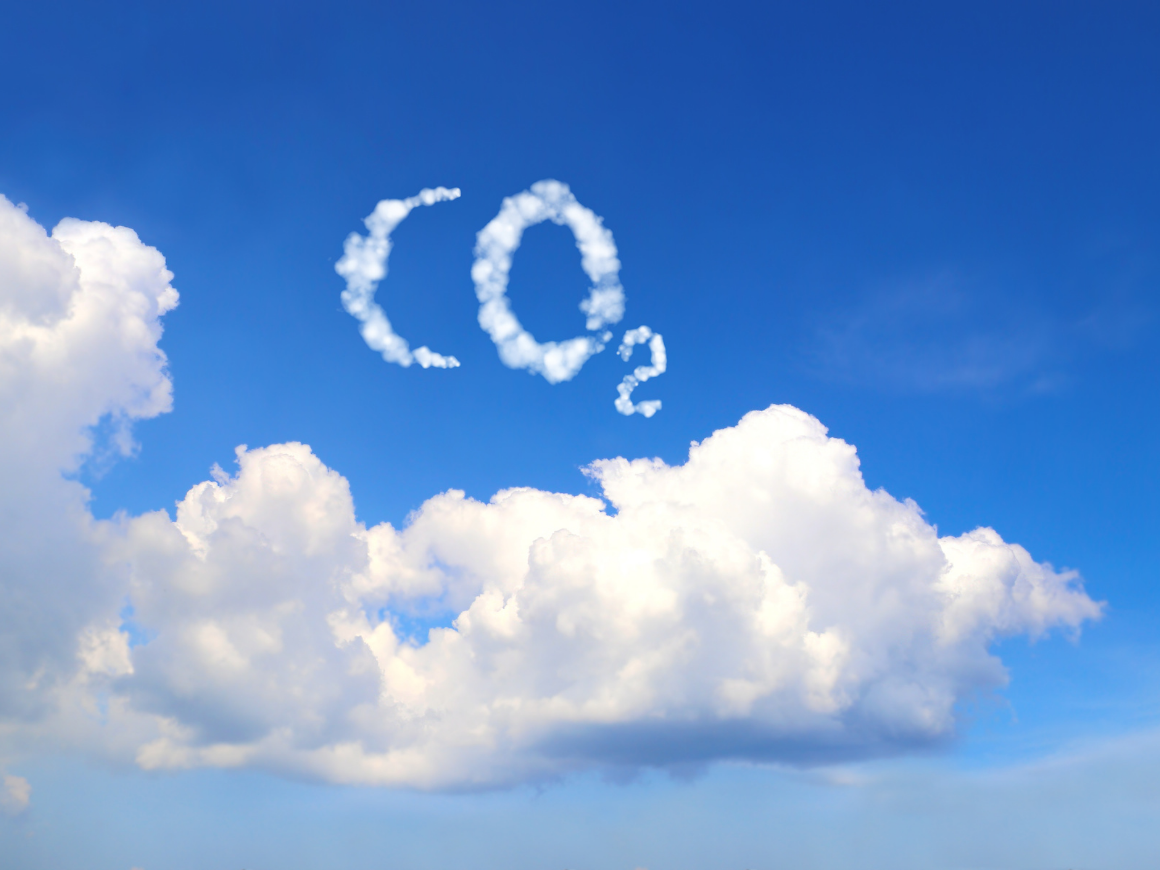ALLEA: ‘Towards Climate Sustainability of the Academic System in Europe and Beyond’

The academic system is not exempt from needing to embrace climate sustainability, a new report claims.
The report from ALLEA looks at academia’s impact on the climate. It takes into account the views of various stakeholders within the academic system. The report makes a series of recommendations about mitigating the worse effects.
In a new report published today, ALLEA, the European Federation of Academies of Sciences and Humanities, examines the academic system’s negative impact on the climate through its own activities. The report takes a comprehensive outlook on the operations of various academic sectors and suggests that significant changes are necessary for the academic system to reach climate sustainability.
The authors stress that in order for the academic system to transition to climate sustainability, “a change in culture is required, where individuals and institutions become aware of their climate impact and act to reduce it.”
The report thus analyses the operations of different sectors who jointly set the standards and framework conditions of the academic system, namely Universities; Research Institutes; Students;Individual Academics; Funding Organisations; Conference Organisers; Ranking Agencies; Policy Makers; and Academies, Learned Societies and Professional Bodies.
By analysing available data on greenhouse gas emissions (GHG), the report shows that air travel is a major source of GHG emissions within academia, and therefore virtual interactions will be critical for the academic system to become more sustainable.
“We envision in-person, hybrid, hub-based and fully virtual events to coexist in the future, with a careful choice of format depending on the goals and participants of a given event,” the authors conclude.
The report also emphasises that other sources, such as supercomputing, buildings, electricity, and supply-chain emissions, may be equally or more important emission sources than air travel, depending on the nature of the operations of the stakeholder.
Finally, the report provides a series of best-practice examples and concrete recommendations that could lead to a significant reduction in the levels of GHG emissions that the academic system produces every year.
https://www.learnedsociety.wales/wp-content/uploads/2022/05/Press-Release-ALLEA-Report-Climate-Sustainability.pdf